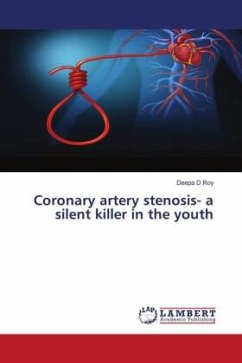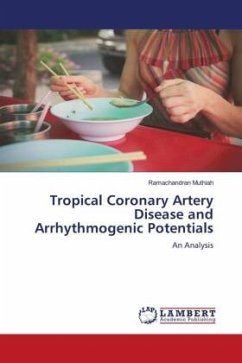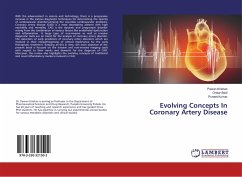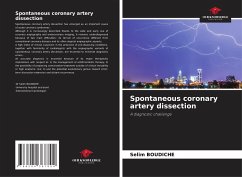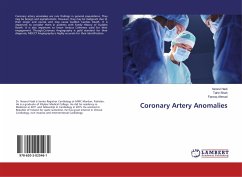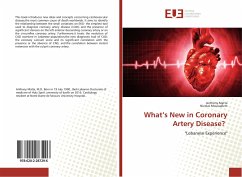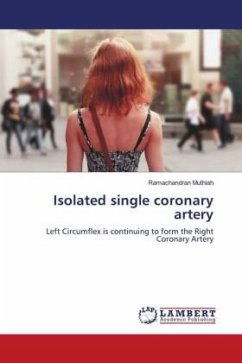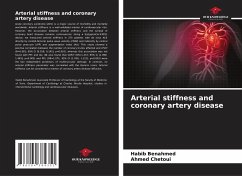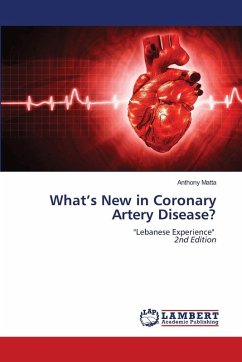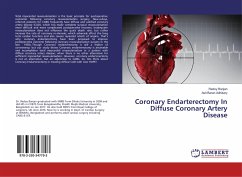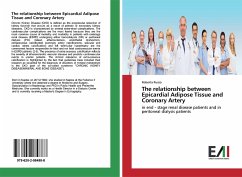
The relationship between Epicardial Adipose Tissue and Coronary Artery
in end - stage renal disease patients and in peritoneal dialysis patients
Versandkostenfrei!
Versandfertig in 6-10 Tagen
27,99 €
inkl. MwSt.

PAYBACK Punkte
14 °P sammeln!
Chronic Kidney Disease (CKD) is defined as the progressive reduction of kidney function that occurs as a result of primary or secondary kidney diseases. CKD is characterized by several extra-renal complications. The cardiovascular complications are the most feared because they are the most common cause of mortality and morbidity in patients with endstage renal disease (ESRD) undergoing either hemodialysis (HD) or peritoneal dialysis (PD). Indeed, atherosclerosis, endothelial dysfunction, extraosseous calcification (coronary artery calcifications, vascular and cardiac valves calcification) and ...
Chronic Kidney Disease (CKD) is defined as the progressive reduction of kidney function that occurs as a result of primary or secondary kidney diseases. CKD is characterized by several extra-renal complications. The cardiovascular complications are the most feared because they are the most common cause of mortality and morbidity in patients with endstage renal disease (ESRD) undergoing either hemodialysis (HD) or peritoneal dialysis (PD). Indeed, atherosclerosis, endothelial dysfunction, extraosseous calcification (coronary artery calcifications, vascular and cardiac valves calcification) and left ventricular hypertrophy are the commonest factors responsible for fatal and not fatal cardiovascular events in ESRD patients (2-5). The presence of extra-osseous calcification reflects the severity of atherosclerotic vascular disease and predicts cardiovascular events in uremic patients. The clinical relevance of extra-osseous calcification is highlighted by the fact that guidelines have included their research as essential for the diagnosis of disorders of mineral metabolism in the CKD (part of the so-called syndrome "CHRONIC KIDNEY DISEASEMINERAL AND BONE DISEASE").



